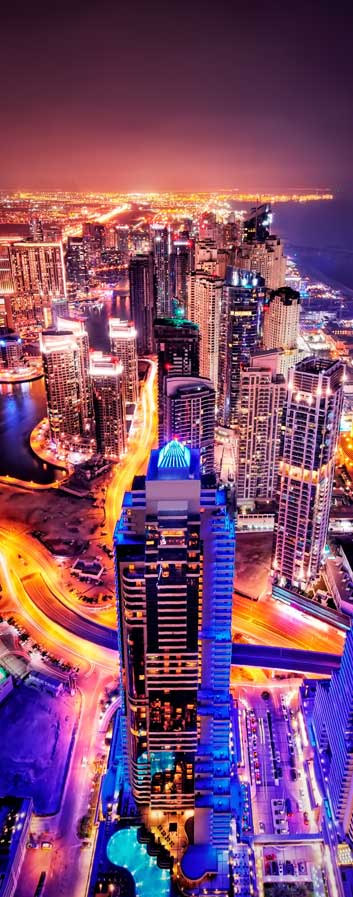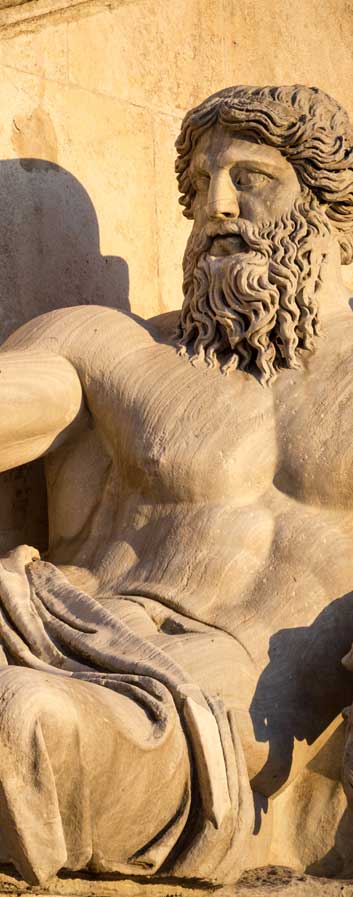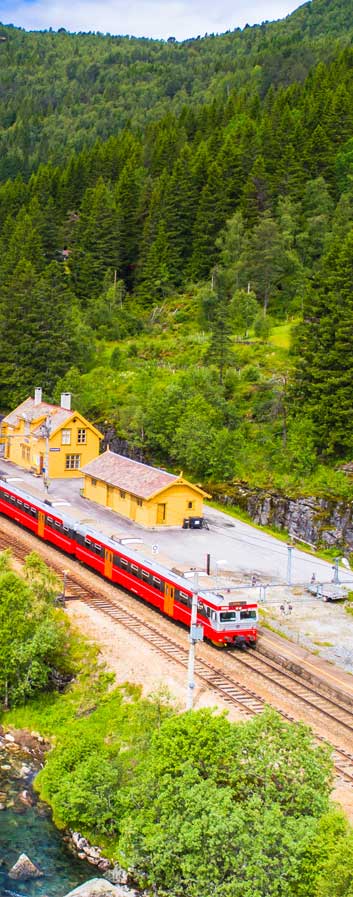Gion
Gion is Kyoto's most famous geisha district, located around Shijo Avenue between Yasaka Shrine in the east and the Kamo River in the west. It is filled with shops, restaurants and ochaya (teahouses), where geiko (Kyoto dialect for geisha) and maiko (geiko apprentices) entertain.
Gion attracts tourists with its high concentration of traditional wooden machiya merchant houses. Due to the fact that property taxes were formerly based upon street frontage, the houses were built with narrow facades only five to six meters wide, but extend up to twenty meters in from the street.
The most popular area of Gion is Hanami-koji Street from Shijo Avenue to Kenninji Temple. A nice (and expensive) place to dine, the street and its side alleys are lined with preserved machiya houses many of which now function as restaurants, serving Kyoto style kaiseki ryori (Japanese haute cuisine) and other types of local and international meals.
Interspersed among the restaurants are a number of ochaya (teahouses), the most exclusive and expensive of Kyoto's dining establishments, where guests are entertained by maiko and geiko.
Another scenic part of Gion is the Shirakawa Area which runs along the Shirakawa Canal parallel to Shijo Avenue. The canal is lined by willow trees, high class restaurants and ochaya, many of which have rooms overlooking the canal. As it is a little off the beaten path, the Shirakawa Area is typically somewhat quieter than Hanami-koji Street.
Many tourists visit Gion hoping to catch a glimpse of a geiko or maiko on their way to or from an engagement at an ochaya in the evenings or while running errands during the day. However, if you spot a geiko or maiko, act respectfully. Complaints about tourists behaving like ruthless paparazzi are on the increase in recent years.
The ultimate experience is being entertained by a maiko or geiko while dining at an ochaya. As expert hostesses, maiko and geiko ensure everyone's enjoyment by engaging in light conversation, serving drinks, leading drinking games and performing traditional music and dance.
The services of geiko are expensive and exclusive, traditionally requiring an introduction from an existing customer. In recent years, however, some travel agencies and hotels have started to offer lunch or dinner packages with a maiko to any tourist with a sufficient budget. There are even a few companies which target foreign tourists without Japanese language skills.
A more accessible experience is the cultural show held everyday at Gion Corner at the end of Hanami-koji. Aimed at foreign tourists, the show is a highly concentrated introduction to several traditional Japanese arts and include short performances of a tea ceremony, ikebana, bunraku, Kyogen comic plays and dances performed by real maiko. If you are in Kyoto in April, check out the Miyako Odori with daily dance performances by maiko.
Shijo Avenue, which bisects the Gion district, is a popular shopping area with stores selling local products including sweets, pickles and crafts. Gion is also known for the Gion Matsuri, the most famous festival in Japan. Ironically, the most spectacular events of the festival are held outside of Gion on the opposite side of the Kamo River.
A visit to Gion is best combined with a stroll through the nearby Higashiyama District between Yasaka Shrine and Kiyomizudera. This area has more preserved streets and traditional shops selling all kinds of local foods, crafts and souvenirs.


































